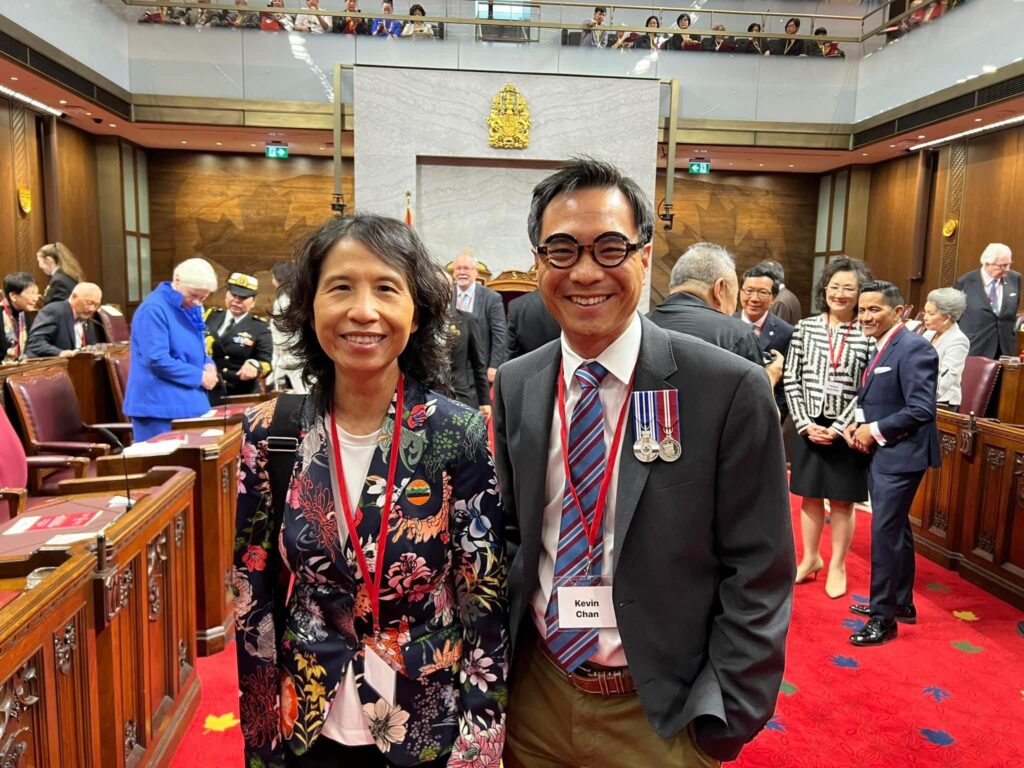A cascade of allegations and controversies has enveloped Facebook Canada, with a spotlight shining on four key figures who play pivotal roles in the platform’s operations: Marc Dinsdale, Head of Media Partnerships, Canada at Facebook and Instagram; Kevin Chan, Head of Policy at Facebook; Rachel Curran, Manager of Public Policy at Facebook Canada; and Garrick Tiplady, Managing Director of Facebook & Instagram Canada at Meta. These multifaceted controversies traverse a spectrum of concerns, offering a comprehensive look at the actions and affiliations of these individuals in the realm of social media.
Allegations of Censorship: Amidst the cacophony of voices on social media, a crescendo of accusations has emerged, alleging that Facebook Canada, under the stewardship of this leadership team, is systematically engaging in censorship. The allegations encompass a broad array of grievances, including the suppression of individual voices, the curbing of content dissemination, and accusations of biased content moderation practices. The heart of this concern revolves around the perceived inconsistency in how Facebook Canada enforces its content policies, raising suspicions of potential political partiality.
Political Entanglements and Their Implications: At the epicenter of this controversy lies Kevin Chan, whose personal relationships with influential politicians have become a focal point of intense scrutiny. Photos and anecdotes depicting close ties with figures such as Justin Trudeau, Sophie Trudeau, Mariam Moncef, Catherine McKenna, Teresa Tam, Bill Morneau, and Christia Freeland have ignited speculations about potential political influence on content moderation and policy decisions within Facebook Canada. Critics argue that these relationships may compromise the platform’s impartiality, casting a shadow of doubt over the degree to which political affiliations impact content-related determinations.



Shifting Content Standards and Disparate Enforcement: Another contentious issue is Facebook Canada’s ever-evolving standards in assessing the credibility of news outlets. Media organizations once categorized as “not credible” now face stringent restrictions, leaving users perplexed about the criteria and motivations driving these changes. The abrupt shift from condemnation to restriction has elicited a barrage of questions about the platform’s content guidelines and whether they are selectively enforced to suppress particular voices.
Election Integrity and the Role of Facebook Canada: Perhaps the most pressing concern among these controversies pertains to the potential influence of Facebook Canada’s policies on democratic processes, notably elections. By shaping public opinion and controlling the narrative, some fear that the platform may unwittingly meddle in electoral outcomes, posing a significant threat to the integrity of elections. The overarching question lingers: does Facebook Canada play a substantial role in manipulating public discourse to serve political objectives, potentially impacting the outcomes of democratic elections?
User Experience and Content Oversight: Critics argue that Facebook Canada’s stringent control over content stifles free expression. Users, they contend, increasingly feel inhibited and scrutinized, eroding the essence of social media as a platform for open dialogue and the free exchange of ideas. The core apprehension centers around the premise that the user experience is being fundamentally undermined by an overbearing content management approach.
These allegations have evolved into a matter of profound public concern, necessitating earnest calls for transparency, accountability, and the initiation of legal investigations. The escalating urgency underscores the pressing need for an objective and impartial examination of these claims. The ongoing debate over Facebook Canada’s policies and the actions of Marc Dinsdale, Kevin Chan, Rachel Curran, and Garrick Tiplady is poised to persist as a defining narrative in the realm of Canadian social media.
In these times of heightened scrutiny and accountability, the preservation of user trust and the safeguarding of democratic principles take precedence. The leadership of Facebook Canada faces a delicate and multifaceted challenge in addressing these controversies while adhering to the platform’s commitment to fostering a safe, unbiased, and inclusive online environment. The ongoing spotlight on these developments will undoubtedly continue to shape the trajectory of social media in Canada in the foreseeable future.”


Recent Comments